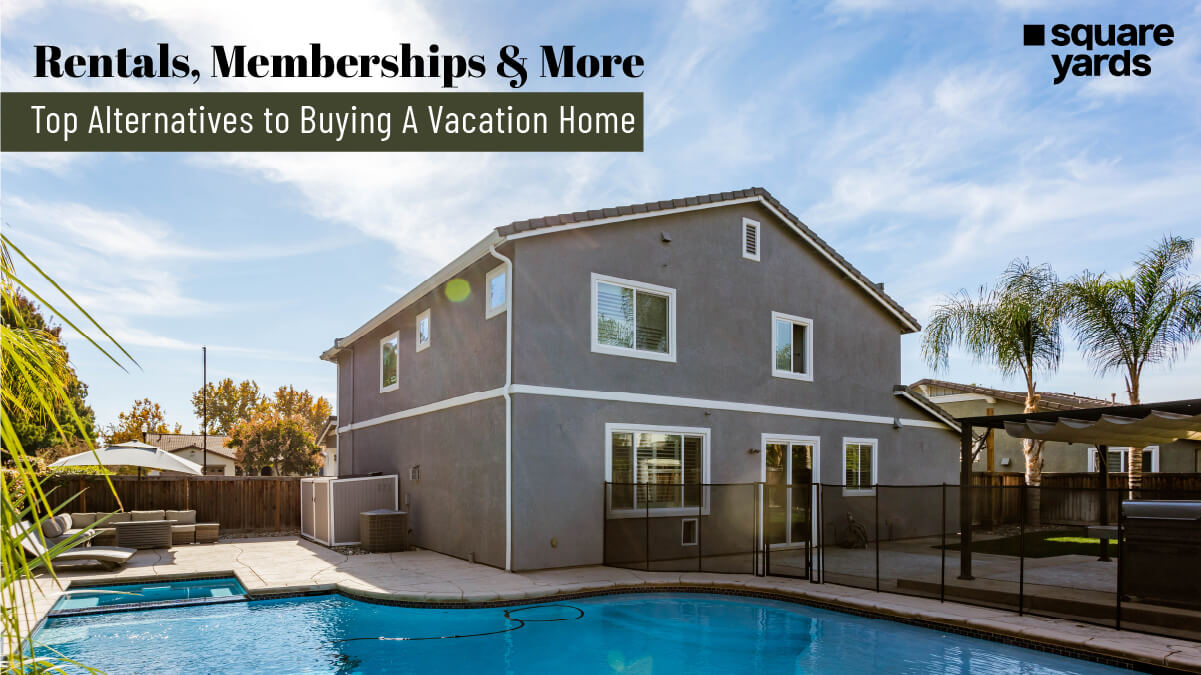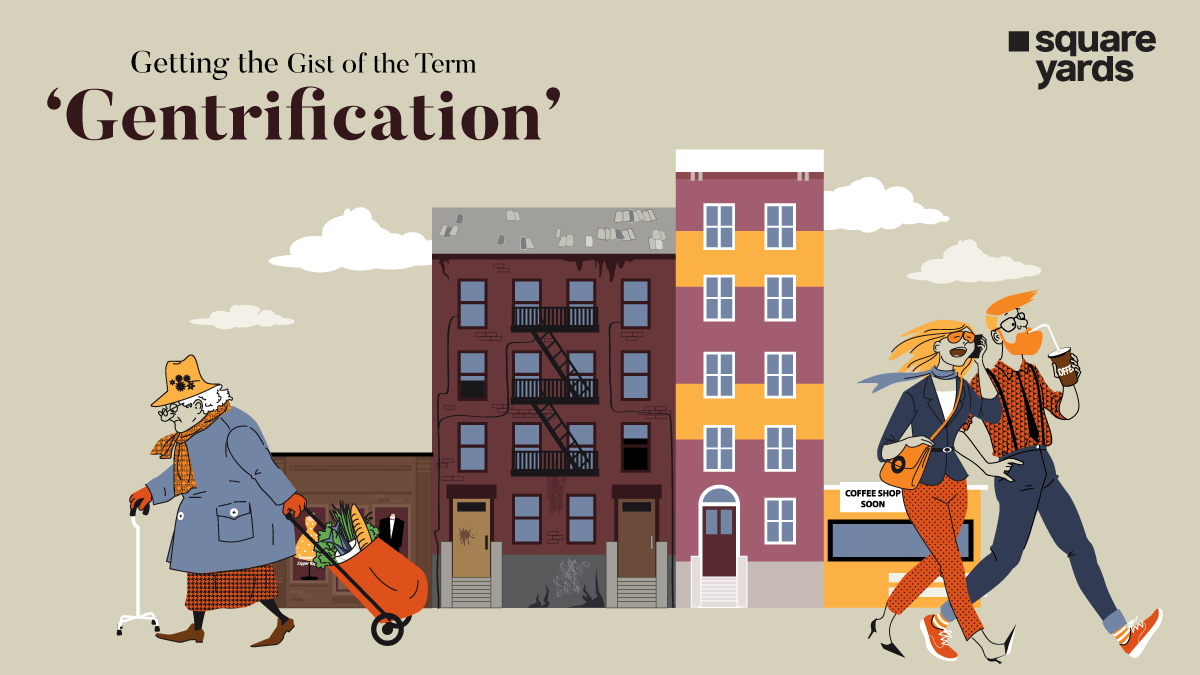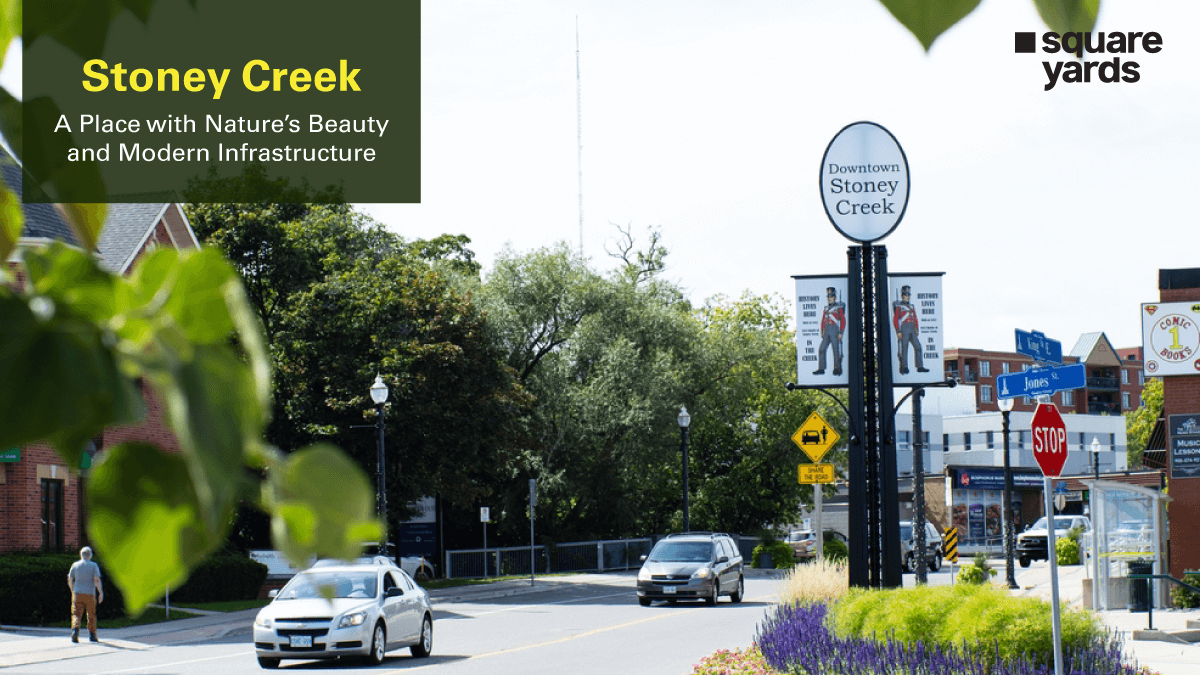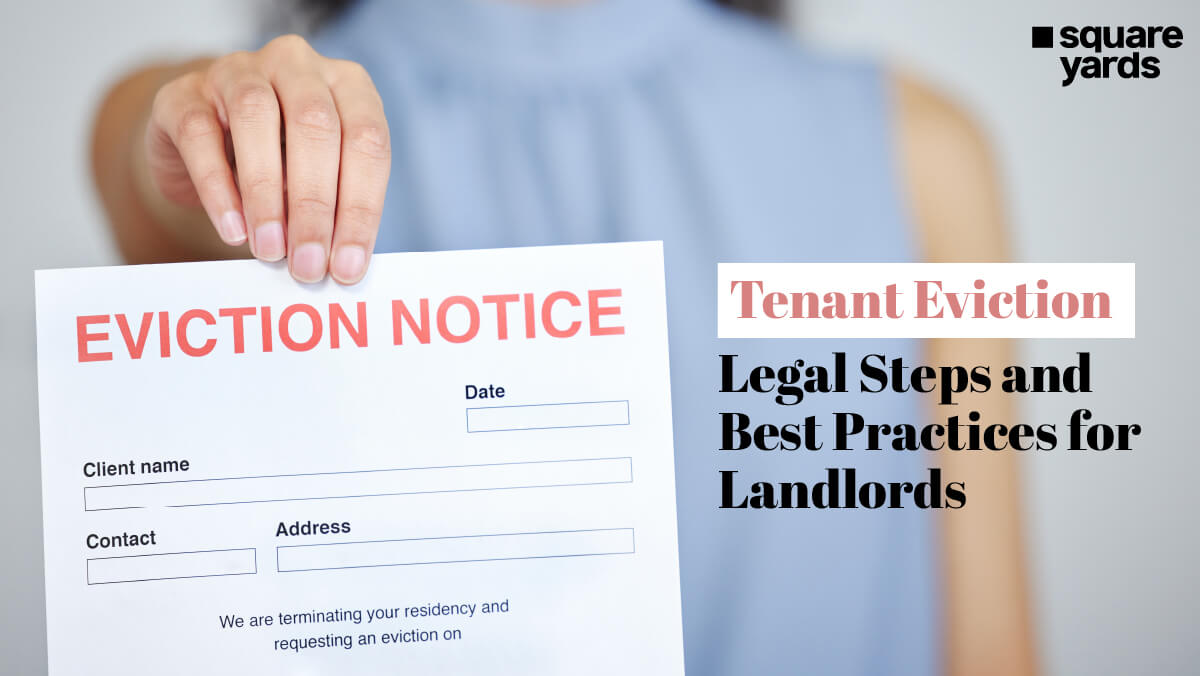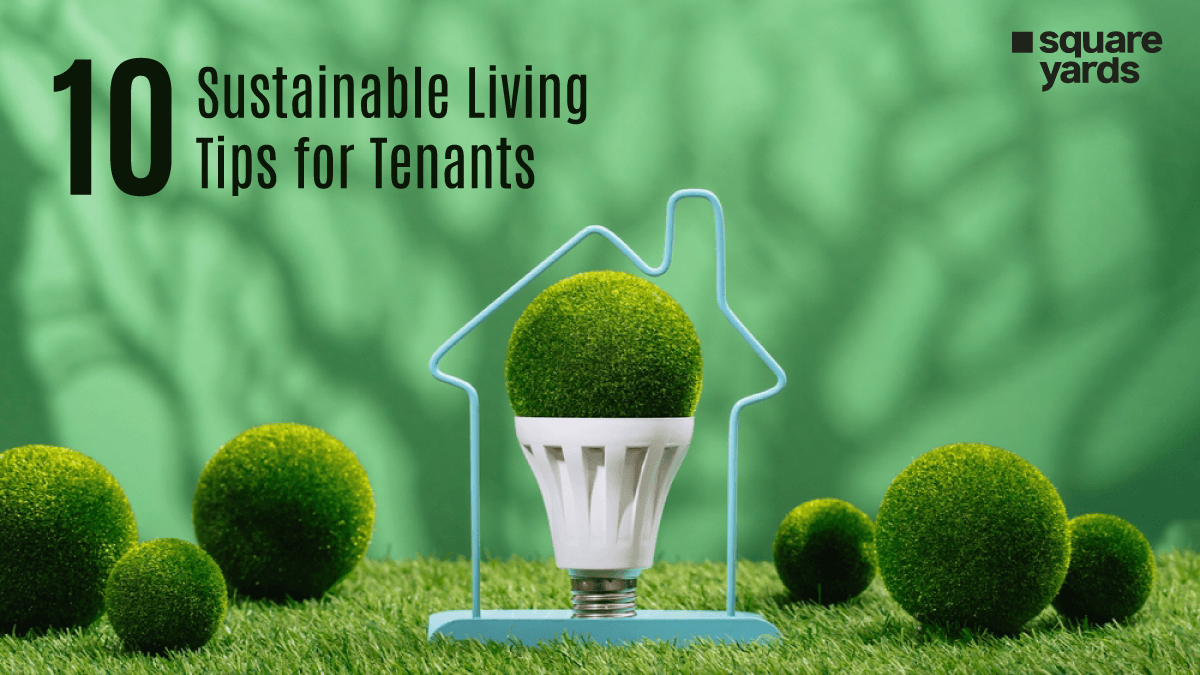A home away from home—that’s what buying a vacation home means to us all. It is a personal retreat that makes us feel safe and calm, even miles away from home. More importantly, these leisure holiday homes are also solid investment choices. For most people, vacation homes act as secondary properties that help generate additional income. However, soaring property prices often hold the reins back. With Canada’s real estate prices off the roof, fully owning a vacation home is a formidable challenge.
But here’s the good news. Even though sole ownership is a tricky walk today, there is no dearth of alternatives to buying a vacation home. And in this blog, we do exactly that. From weekly rentals to shared ownership, we explore a range of great substitutes. Take a look at the pros and cons of each option, and find the perfect way to own a vacation property without straining your pockets!
Vacation Home Rentals
Let’s start with renting instead of buying. The primary advantage rental homes provide is a sense of flexibility. Unlike ownership, vacation rentals do not tie you down to one location. Do you feel like visiting the mountains this month and beachside the next? No problem! Renting lets you switch up your scenery as often as you’d like. It’s an amazing choice for travellers who look for variety and crave new experiences. It is also more affordable than buying a vacation house. Less is spent on accommodations and more on explorations.
On the flip side, they lack the complete sense of authority and freedom that owning a vacation home entails. Buying a vacation rental property does not offer any equity or secondary income. While you can rent a villa, a cottage, a resort or any other property of your choice, each rental has its own standards. You accommodate with what you get. Here are the pros and cons of vacation home rentals –
|
Pros |
Cons |
|
It is much more flexible and affordable |
It is not a long-term investment |
|
It offers low upfront costs |
It faces booking concerns during peak seasons |
|
They require no maintenance responsibility after use |
Variable quality |
Vacation Clubs
Vacation clubs are membership-based alternatives to buying a vacation home. Members pay an initial fee and, in return, get access to a network of properties across different locations. Moreover, members also get numerous benefits like concierge services, priority bookings, special discounts, and more. Vacation clubs are usually set up by established hotel and restaurant chains. They are especially great if you’re looking for premium vacation experiences.
A major downside is their hefty cost. Vacation club membership is often costly, and packages often demand a long-term commitment. Due to limited availability, members might also face booking delays during peak vacation periods. Here are the pros and cons of vacation clubs –
|
Pros |
Cons |
|
It provides holiday retreats across different locations |
There is limited availability during peak times |
|
It offers exclusive benefits, like special discounts, concierge services, etc |
High membership costs |
|
Membership can be cancelled as per specified terms |
Complicated membership terms |
Fractional Ownership

Fractional ownership means shared ownership. A property has multiple owners, each owning a fraction of the total share. Thus, buying a vacation home splits the cost between multiple buyers. This lowers the financial burden and makes it possible to own premium segment properties. Its biggest advantage? Equity. Fractional ownership gives owners a real share of the property and helps them earn gains from property appreciation.
One of the big downsides to fractionally owning a vacation house is the risk of conflicts. While the decision-making authority rests within the hands of the owners, differences between multiple partners may create hindrances. Here are the pros and cons of fractional ownership –
|
Pros |
Cons |
|
Each member gets a usage period of a few weeks every year |
There are restrictions on renting out the property |
|
Owners benefit from property appreciation |
Cooperation with fellow owners is required |
|
It is easier to resale in the market |
It has complex legal agreements |
Timeshare Ownership
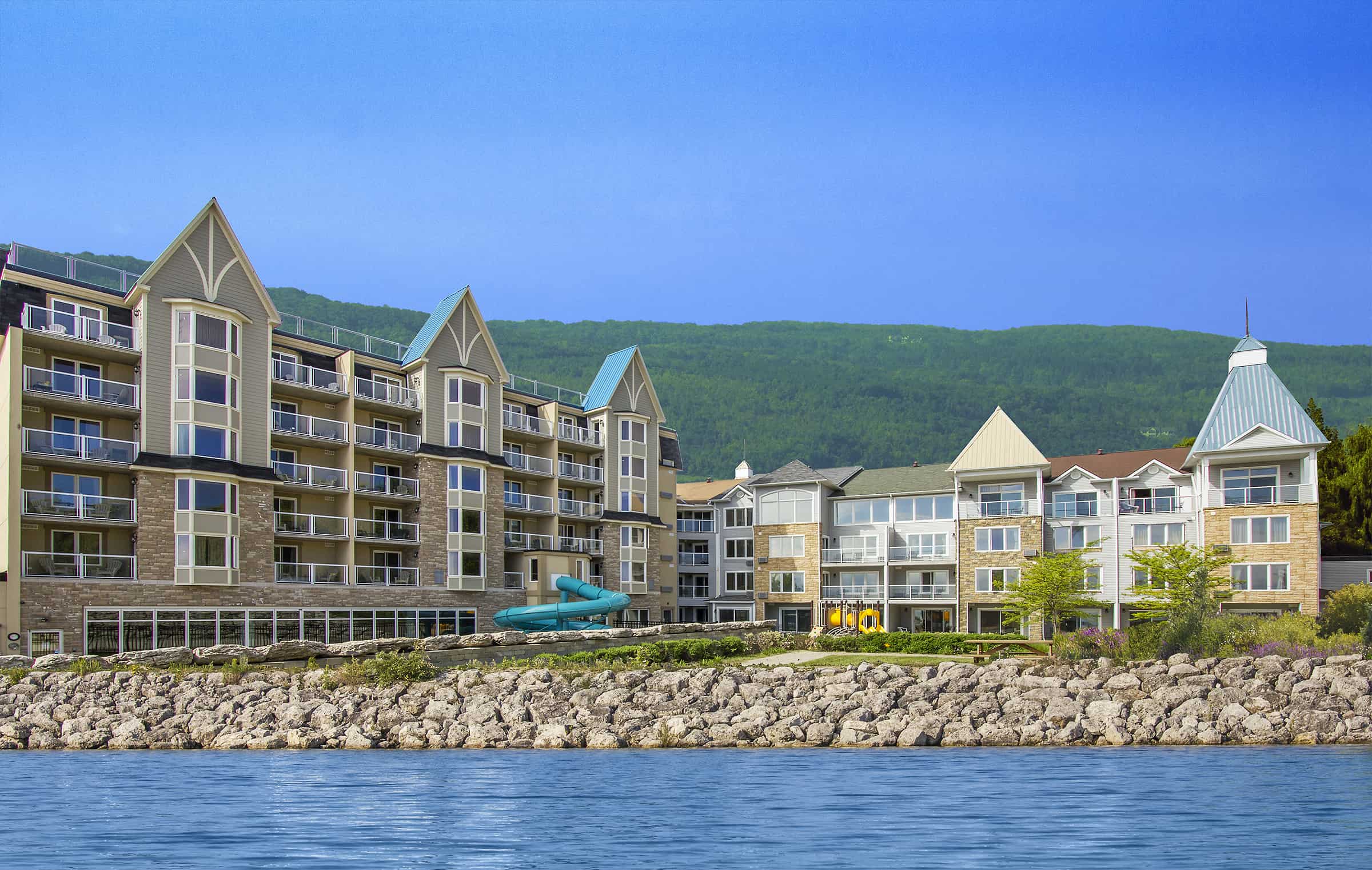
In contrast to fractional ownership, timeshare offers shared usage of vacation properties. Multiple buyers have the chance to rotationally use the property, each for a specified duration of time. The greatest advantage of timeshare ownership is its predictability. Knowing where you’ll be staying and for how long makes vacation planning exceptionally simple.
Remember we said timeshare allows multiple buyers to use, not own, a property? This is its big shortcoming—it does not offer any real ownership. Investors neither gain from value appreciation nor hold any say in the property’s management. Additionally, the value of timeshare properties also depreciates over time. Here are the pros and cons of timeshare ownership –
|
Pros |
Cons |
|
Buyers can exchange timeshare properties within the same network |
Fixed and shorter usage periods than fractional properties |
|
Resort-style amenities like pools, fitness centres and more |
Exchange limitations make it difficult to trade stays |
|
It is much more affordable than fractional ownership |
Timeshares depreciate over time and are hard to sell |
Quick Wrap Up
Popular alternatives like rentals, club memberships, fractional and timeshare ownerships have made secondary home ownership more accessible. Buying a vacation home has gone way beyond single owners and lifelong property commitments. They are now flexible, adaptable and significantly more accessible. Each option comes with its own sets of positives and negatives. But despite their shortcomings, they can offer attractive benefits like cost division, exclusive benefits, and access to luxury properties.
You May Also Read
|
Explore Family Vacation Ideas |
|
|
Know The Vacation Home Rentals |
|
|
Guide To Vacation Home Rental in Toronto |
|
|
Visit Popular Houses in Canada |
Frequently Asked Questions (FAQs)
Muskoka (Ontario), Okanagan (British Valley), and Prince Edward Island are some of the top choices for buying a vacation property in Canada.
Regions like New Brunswick, Quebec, and Manitoba offer affordable housing choices in Canada. Housing prices in these regions are significantly lower than those in major urban centres.
Housing prices depend on multiple factors. While predicting trends precisely is challenging, experts anticipate potential stabilisation or a slight decrease in property prices in 2024.
Ottawa, Oakville, Burlington, and Waterloo are some of Ontario's best places to live. These cities offer a high standard of living, serene surroundings, and excellent residential infrastructure. What is the best place for Canadians to buy vacation property?
Which part of Canada offers the most affordable housing?
Will house prices in Canada go down in 2024?
Which are the best places to live in Ontario in 2024?

